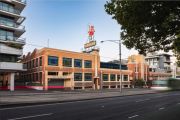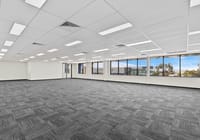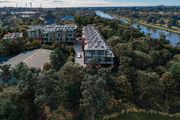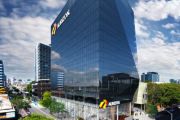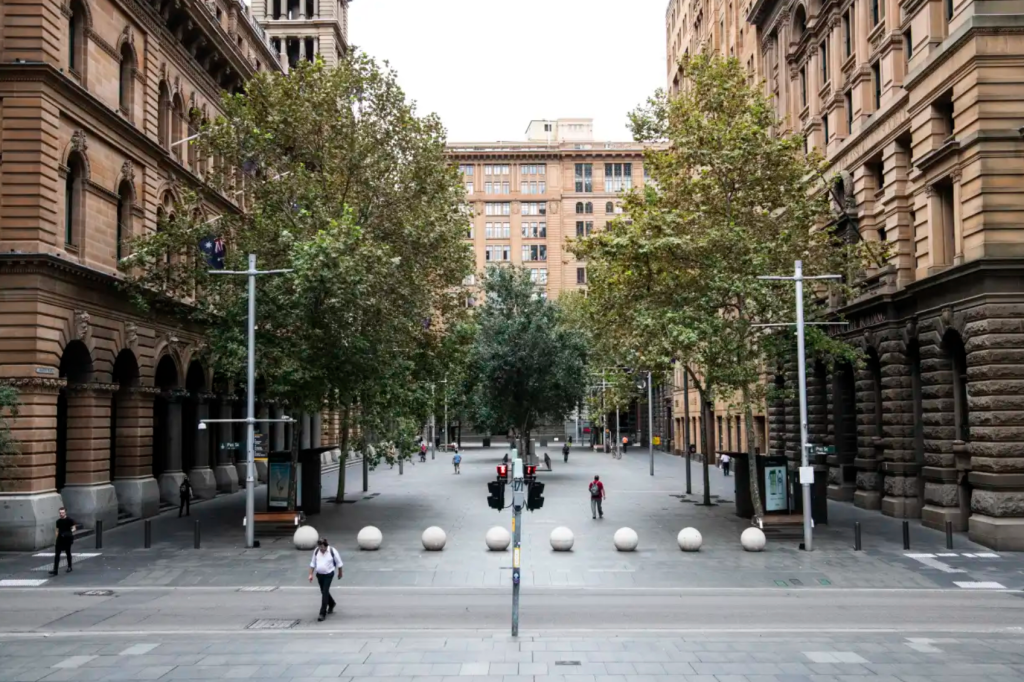
Empty offices didn't hurt Australia's biggest landlord
Dexus, the country’s largest office landlord, has weathered the disruption to the CBD sector with a slight dip in its interim earnings while confirming its full year distributions would hold steady with the previous year’s payout.
Fund from operations – the earnings metric preferred in the property sector – fell 0.7 per cent to $375.6 million over the 2021 first half.
Statutory profit, a more volatile figure for property trusts because it incorporates changes in book values, fell 55.5 per cent to $442.9 million, after Dexus recorded a lower amount of net revaluation gains than it did in the last year’s first half.
“Despite the widespread impact of the pandemic, the first half of FY21 has been characterised by increased leasing activity, relatively strong rent collections, initiatives to grow our funds management business and the selective recycling of assets,” chief executive Darren Steinberg said.
“Our high quality portfolio, the strength of investment demand for quality assets, and our platform capabilities will enable us to drive performance in this next stage of the real estate cycle.”
Dexus recorded a 7.1 per cent rise in its adjusted funds from operations result along with a 6.7 per cent increase in its distribution of 28.8¢. That result was mostly driven by trading profits.
The landlord, which manages a portfolio of both office and industrial properties, has reaffirmed its guidance for the full 2021 year for a distribution consistent with the previous year’s payout of 50.3¢.
Rent collections were at 96 per cent for the portfolio in the six months to the end of December.
Significantly, average leasing incentives across the $22.5 billion office portfolio rose from 17.1 per cent six months ago to 22 per cent.
Executive general manager for office, Kevin George, said face rents remained largely unchanged in the core CBD markets however effective rents are under pressure as incentives continue to increase. Dexus expects incentives to moderate in some markets over the next 12 months.
“The uncertainty created by COVID-19 delayed some decision-making, particularly in Melbourne, where inspections of commercial premises have only until recently been prohibited under the extended lockdown,” Mr George said.
“As a result, we expect that the Melbourne office market will be challenging over the short term.”
Incentives on lease deals in the $5.5 billion industrial portfolio rose from 13.4 per cent to 19.7 per cent.
The $9.5 billion landlord has also been busy on the transactions front, with a number of major divestments, selling out of 45 Clarence Street and striking a deal to exit 60 Miller Street in North Sydney.
In a landmark deal, Dexus sold a half stake in Sydney’s Grosvenor Place to the Chinese Investment Corporation for $925 million in November.
“We are seeing lots of opportunities in the current market and will selectively recycle assets where we can maximise returns,” chief investment officer, Ross Du Vernet said.
“The success we have had in recycling assets will further strengthen our balance sheet and enable Dexus to organically fund higher return growth initiatives in our funds management and development businesses.”

